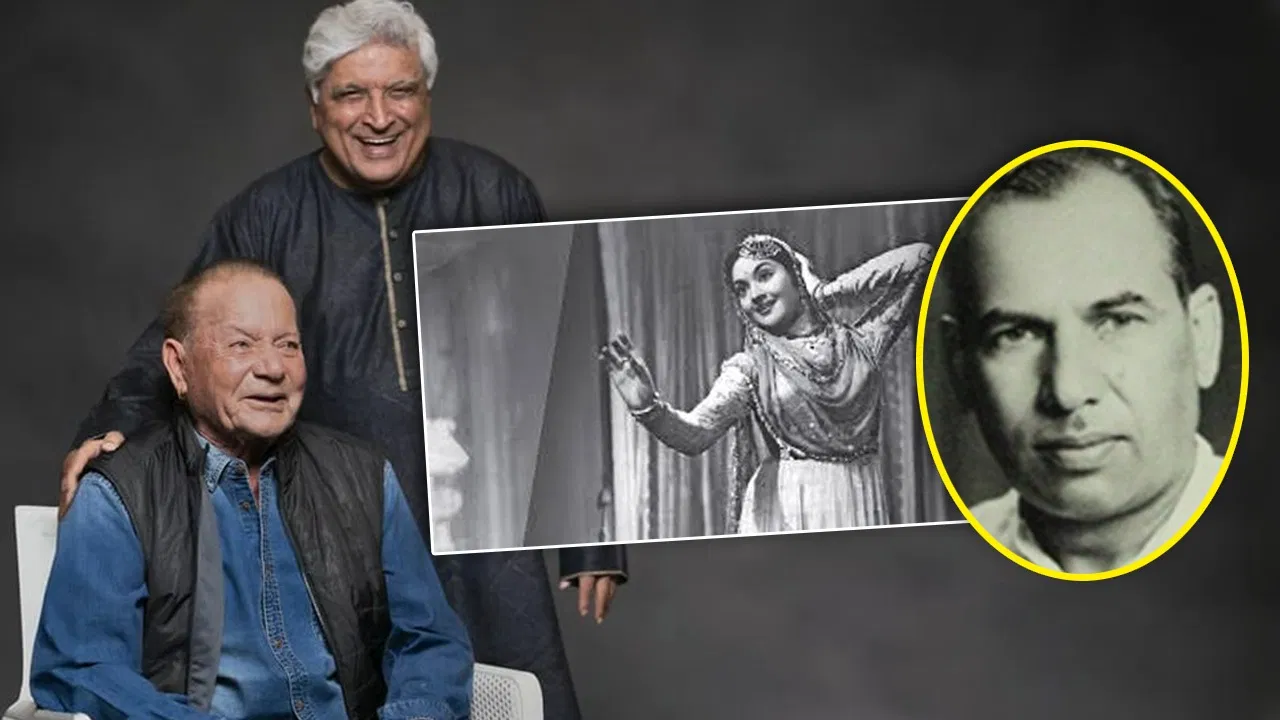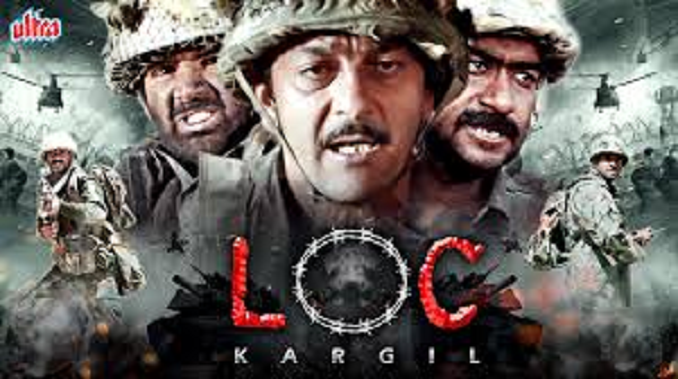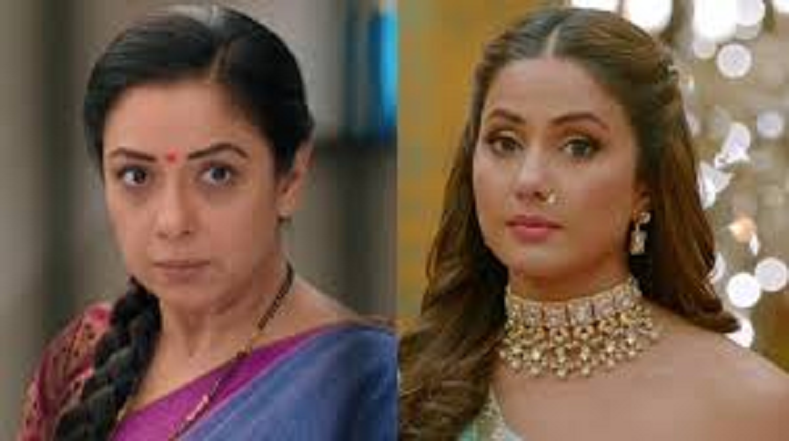The Forgotten Star Writer of Bollywood: Pandit Mukhram Sharma, Who Made Every Film a Superhit
- byPranay Jain
- 25 Apr, 2025

Long before the legendary Salim-Javed or Gulzar became household names, there was another writer in Hindi cinema whose name alone could make a film a hit. Pandit Mukhram Sharma was one such writer, whose presence in the film credits was as significant as any star. His name on a movie poster, boldly printed alongside the actors' names, was a guarantee of success. At a time when writers' names were rarely highlighted, Mukhram Sharma became a phenomenon, drawing audiences to cinemas just by his name.
A Long-Standing Career in Film Writing
Mukhram Sharma's cinematic journey spanned an impressive four decades. His career began even before India gained independence, and he continued to work until 1980. He joined the Prabhat Film Company in 1939, with the film Ten O'Clock marking the start of his career. Sharma's prolific career was unmatched by any other writer of his time, and he remained active for nearly 40 years, a feat not even the famous duo Salim-Javed could achieve, as their partnership lasted about 15 years.
From Meerut to Mumbai and Back
Hailing from Meerut, Uttar Pradesh, Pandit Mukhram Sharma had a deep connection with his roots, something that influenced his writing style. While in Mumbai, he maintained his strong cultural ties to his hometown, embracing a "desi" lifestyle despite being in the glittering world of Bollywood. His films were imbued with the colors of family, society, festivals, relationships, and emotions, which resonated with the masses.
After films like Naukar (1979) and Sau Din Saas Ke (1980), Mukhram Sharma retired from the film industry, returning to his home in Meerut. It was here that he passed away in 2000.
A Writer Who Emphasized Story Over Star Power
Mukhram Sharma believed that the essence of cinema lay in the story. "Struggle and victory," he often said, was the central theme of his writing, a reflection of universal human experiences. His belief in the power of storytelling above star power became evident in his work. The themes of social struggles and familial bonds were a constant in his films. He saw struggle as life, and his scripts often portrayed people fighting against adversity and overcoming challenges.
From Writing Poems to Penning Bollywood Dialogues
Before entering the film industry, Mukhram Sharma was a prolific writer of poems and stories under the pen name Ashanth. He was also a teacher of Hindi and Sanskrit. He first made his mark in the film world when he joined Prabhat Film Company, where he initially taught actors how to pronounce pure Hindi. It was here that he wrote his first dialogues and songs for the Hindi-Marathi film Das Baje. The success of his work catapulted him into a successful writing career.
The Era of Pandit Mukhram Sharma: A Brand Name
Sharma’s breakthrough came with films like Aulad (1959) and Vachan (1955), and by the time of Vachan, his name had become a brand. The film's success marked a turning point in his career, and from then on, his name was prominently displayed on posters with the phrase "From the pen of Pandit Mukhram Sharma". His films became synonymous with success.
Sharma’s collaboration with BR Chopra produced several social dramas, including Sadhna (1958) and Dhool Ka Phool (1959), both of which featured groundbreaking dialogues about society and the changing roles of women. His sharp, socially relevant scripts attracted massive audiences.
The Changing Times: The Rise of Salim-Javed
While Pandit Mukhram Sharma was the undisputed name in Bollywood writing for years, the 1970s and 1980s saw a shift. The era of Salim-Javed and Gulzar coincided with a period of immense social and political change in India. Young writers like Salim Khan and Javed Akhtar, who understood the changing landscape of crime, politics, and youth culture, began to dominate the scene. They brought a new intensity and modernity to their scripts, which resonated more with the youth. Mukhram Sharma, who had created iconic social dramas, struggled to adapt to the evolving times, and gradually his style was overshadowed by the new generation of writers.
Legacy of Pandit Mukhram Sharma
Today, while Salim-Javed and Gulzar are celebrated as the masters of Bollywood writing, Pandit Mukhram Sharma's legacy remains an important chapter in the history of Indian cinema. His contributions to Hindi films are undeniable, and his name once carried the weight of superstardom. Sharma’s ability to craft stories with universal themes of family, struggle, and success continues to be a benchmark in Indian film writing.
His work not only made him a household name but also shaped the future of how writers were credited in the film industry. His legacy lives on in the storytelling tradition he helped establish.






